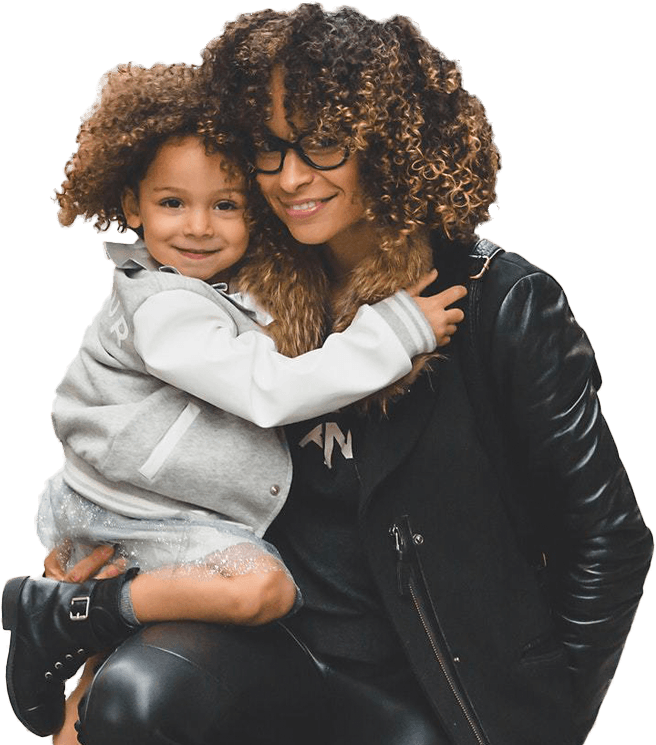4) Exercise the gift of choice
Many days all I want is for each of my children to do exactly what I say exactly when I say it and to do it without grumbling, loud and heavy sighs, or 20 questions. This would make my life so much easier; but, oftentimes there are protests and rebuttals. To interrupt the brewing dissension, I offer my children choices. Do you want to wear blue or black shorts today? Do you want chicken or turkey burgers for dinner? Would you rather grab lunch now or go with me to the store to pick up a few items? Choices provide my children with a sense of autonomy and independence while ultimately still allowing me to carry out my intended plan. Choices encourage collaboration amongst the 3 of them and fosters good decision-making skills.
5) Facilitate open communication
As a board certified child, adolescent, and adult psychiatrist, I talk for a living. I spend the bulk of my day exploring challenges faced by children and their families, identifying problematic behaviors, and coming up with effective strategies to address those difficulties so that families function better both as individuals and as a whole. However, I would be completely ineffective if families did not feel comfortable sharing their successes, fears, and failures with me. The same is true for parenting. I want my children to know that they can come to me about absolutely anything no matter what. They need to see me and their father as their sounding board, confidante, secret keeper, problem solver, and cheerleader. But this will only happen if I facilitate open communication. I must create an environment conducive to talking and sharing. This means I must demonstrate a genuine interest in the small and big things they want to share with me, I must listen actively and closely, and I must be engaged. I can’t scroll through Facebook and respond to text messages while they are talking; otherwise, they will get the impression that mommy is too busy to listen or, worse, doesn’t care.
6) Encourage free thinking
Several years ago many parents subscribed to the notion that children should be seen and not heard. Simply put, kids need to stay out of grown folks’ conversations. This philosophy set up an expectation that children should say nothing to an adult unless directly spoken to and should never question adults. Truthfully I can see why this idea was so appealing IF you want to raise a child who never makes mistakes, who does not develop a passion for life and a love for learning, who does not know how to interact with any adults, one who lives his or her life only coloring inside the lines and never dares to think outside the box, or one who is afraid to ask “why” and ponder difficult questions. Sounds like a very well-behaved child, right? Well, my husband and I desire so much more for our children. We are raising children who will challenge the status quo, who will devise solutions to some of life’s greatest obstacles, who are not afraid to engage in a vigorous discussion with their peers and teachers, who want to color with every crayon in the box, who recognize the beauty in diversity and our humanity, who seek to change the world, and push me every day to be better. So let’s encourage them to respectfully question what they read and what they hear and formulate their own opinions and not simply sit quietly on the sidelines while life passes them by.

Your blog is so needed. Thank you for putting so much heart, time and effort into it. #inspiration
La’Tonya June